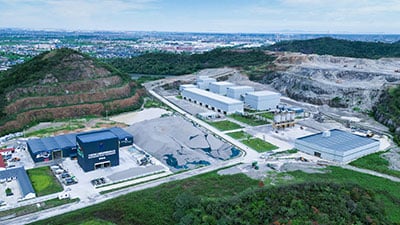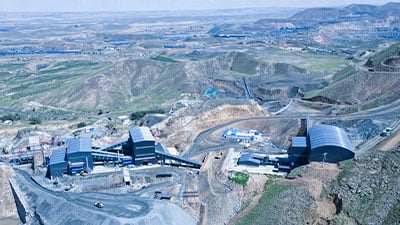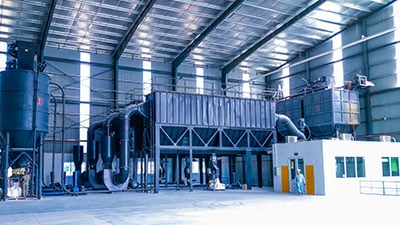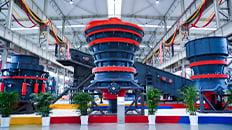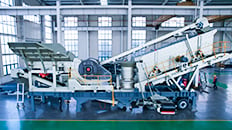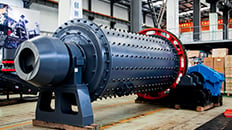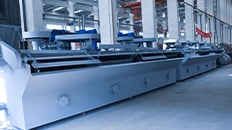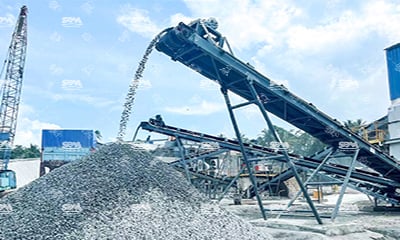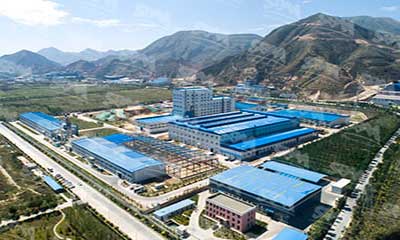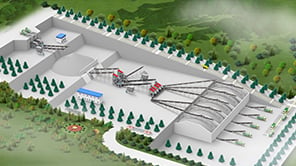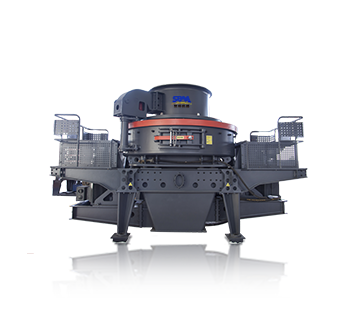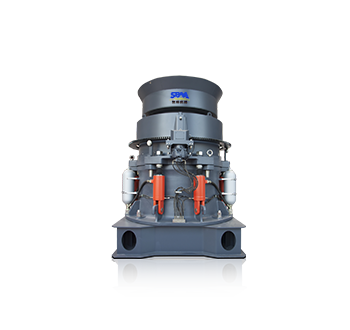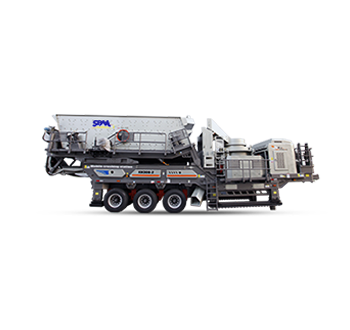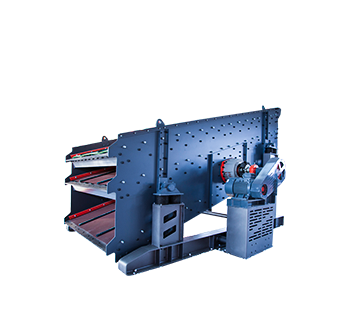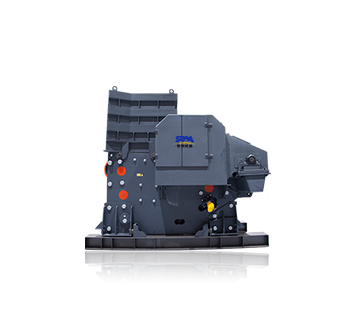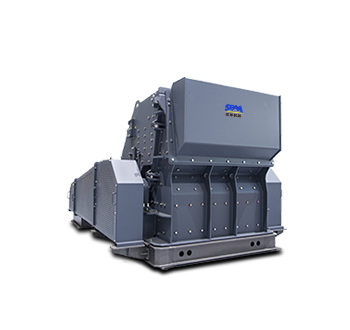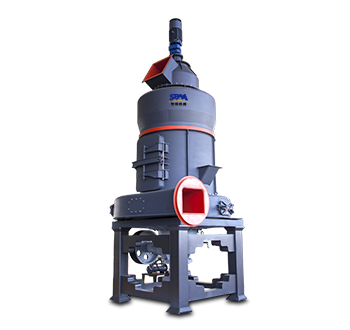Summary:Discover the best crushers for hard rock applications and make an informed choice. Our comprehensive guide explores jaw, cone, impact, gyratory, and hammer crushers.
Rock hardness refers to the ability of a rock or mineral to resist deformation, indentation, or scratching. It is a measure of the rock's resistance to external forces or applied pressure. The hardness of a rock is primarily determined by the strength of its mineral components and their interlocking arrangement.
The Mohs scale is commonly used to classify the hardness of minerals and rocks. It ranks minerals on a scale of 1 to 10 based on their ability to scratch one another.



Which Crusher Is Suitable for Your Hard Rock?
Common hard rocks include granite, basalt, quartz, etc. Choosing the right stone crusher for hard rock applications involves evaluating the material characteristics, desired output, maintenance requirements, and energy efficiency. Here are some crushers suitable for hard rock:
1. Jaw Crusher
- Best for: Primary crushing stages, especially for large boulders and very hard rocks.
- Advantages: Robust design, high throughput, and capable of handling very large feed sizes.
- Limitations: Produces a relatively coarse product and requires a secondary crushing stage for finer output.
2. Cone Crusher
- Best for: Secondary, tertiary, and quaternary stages of crushing.
- Advantages: Can produce a very fine output, suitable for hard rocks. Offers different types of crushing chambers to match the hardness of the material.
- Limitations: Not suitable for materials with high moisture content; requires a well-graded feed to avoid packing.
3. Impact Crusher
- Best for: Secondary crushing and when high reduction ratios are desired.
- Advantages: Can handle medium-hard to hard materials with a degree of finesse in the final product. Good for creating well-shaped particles.
- Limitations: High wear costs if used with very hard and abrasive materials. Not suitable for materials that are too hard or which may cause jamming.
4. Gyratory Crusher
- Best for: Primary crushing in large-scale rock crushing applications.
- Advantages: High capacity, capable of processing high tonnage, and can handle large feed sizes.
- Limitations: Requires a significant investment and space. Not suitable for small-scale operations.
5. Hammer Crusher
- Best for: Secondary or tertiary crushing where high speed and fine output are desired.
- Advantages: Good for moderately hard to soft rocks. Can achieve a fine output at a relatively high throughput.
- Limitations: Not suitable for very hard or abrasive rocks. High wear rates in abrasive materials.
Choosing the Right Stone Crusher
When selecting a crusher for hard rock crushing, consider the following factors:
- Material Hardness: Harder rocks like granite, basalt, and quartz can be more effectively crushed in cone crushers or gyratory crushers. Softer rocks may be suitable for impact crushers or hammer crushers.
- Desired Output: If a fine particle size is desired, cone crushers are typically preferred. For larger, coarser output, a jaw crusher might be more appropriate.
- Maintenance and Wear: Consider the maintenance schedule and wear parts' cost. Hard, abrasive rocks can increase wear costs significantly.
- Energy Efficiency: Cone crushers and gyratory crushers, while more energy-intensive, can offer more efficient crushing for hard rock over jaw crushers.
In summary, for very hard rocks, primary crushing is effectively handled by jaw and gyratory crushers, while secondary and tertiary crushing stages are best served by cone crushers, with impact crushers serving well in certain secondary crushing applications depending on the rock's abrasiveness.

